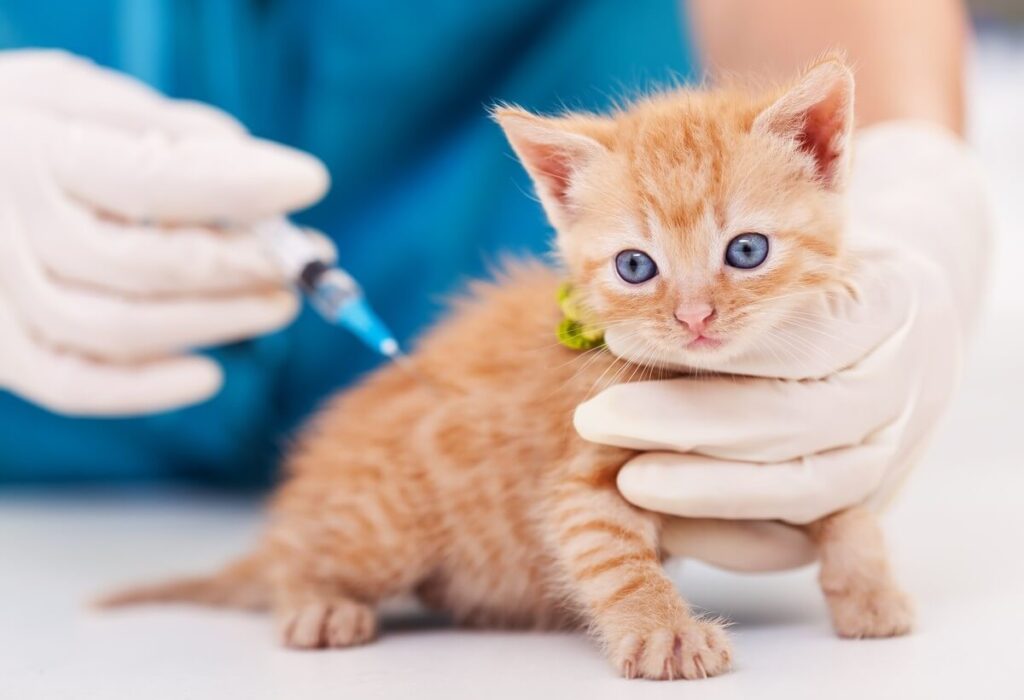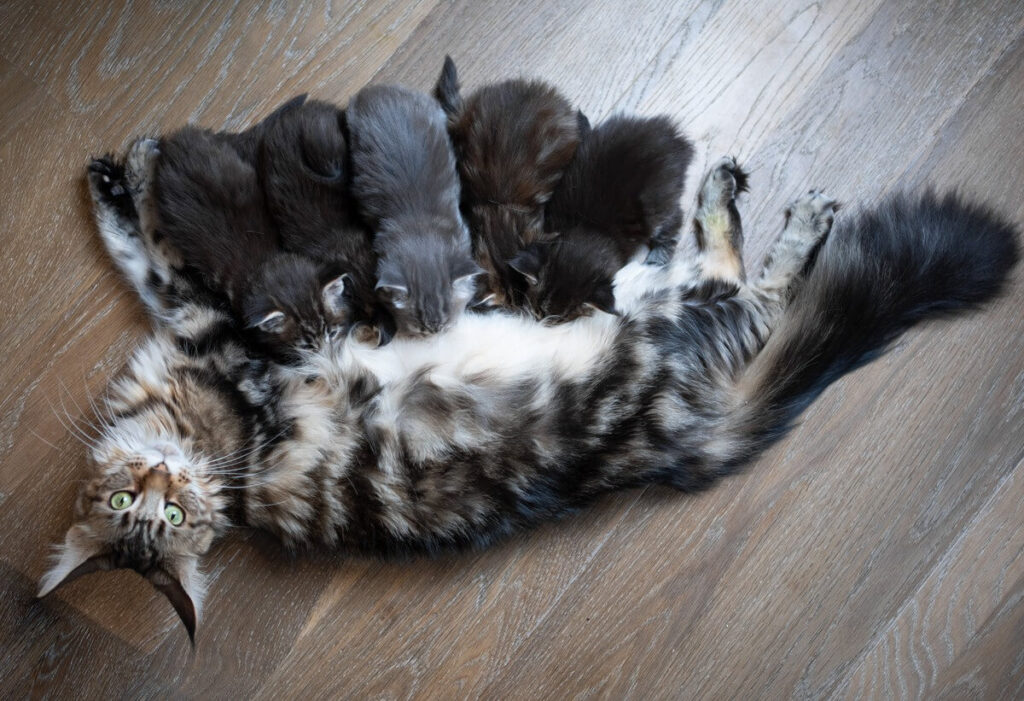Research as much as you can so that you know exactly what you’re looking for. There’s a wide range of looks, temperaments, colours, coat patterns and coat types to bewilder a prospective cat owner. Look elsewhere on this website, in cat books and cat magazines to see photos and read descriptions. Do take notice of the experiences of owners. If you can, go along to a cat show or two to admire the cats and talk to owners and breeders proudly showing off their fancy felines.
Buying a pedigree kitten
Cats can be energetic and keen to explore, mischievous and playful, as well as affectionate and friendly companions. Make sure you understand the behavioural traits and specific needs of the pedigree/s you’re interested in, including whether they’ll require regular grooming to keep their coats in good condition. Make sure you are honest with yourself to ensure the breed will be right for you and your family, your lifestyle and your home environment.
Once you have selected a breed, locate the breed club or clubs that represent them. Members will be reputable people who care about the quality of the cats they breed, ensuring they meet the standards laid out for the ideal ‘type’ which will cover both appearance and temperament.
It’s important to buy from breeders who are registered with an official body, such as the Governing Council for the Cat Fancy (GCCF) in the UK, and other equivalent bodies around the world, which set standards and have codes of ethics in place for breeders to ensure they produce healthy and well socialised cats and kittens.
Avoid unregulated breeders; people who are breeding cats purely as a money-making exercise. Unwitting buyers may find themselves with kittens that are not even the breed the sellers have claimed they are, too young to leave their mothers, in poor health, and incapable of being friendly family pets due to lack of socialisation. Whether you’ve paid a very high price or bought at what seemed to be a bargain price, you may find yourself with a sick cat and/or a fearful one unable to fit into a family home, with expensive vet bills to pay, and potentially heartbreak.
When you make contact with breeders, ask questions relating to the research you have carried out to be certain they have the cats you are interested in. Get a good feel for the person and their attitudes before you go if you can, as once you see a kitten, it can be very hard to resist, even if it’s not right for you. Aim to visit a few different breeders’ homes (visiting different breeders on separate days to avoid potential spread of infectious feline disease).
It shouldn’t matter whether they have kittens or not at the point of your enquiry or visit. They should be happy to welcome you to their home to meet their adult cats — most will have adult neuters as well as queens and even male stud cats that you can meet. Interact with the cats and ask the breeder lots of questions about the breed’s attributes, the cats’ temperament and daily needs and what you will need to provide in terms of an ideal home for them.
Meeting the kittens
Good breeders are knowledgeable and responsible about the cats they own. Expect them to live in a ‘normal’ family home where the cats have a clean cat-friendly environment, and the cats are clearly well cared for and have plenty of human attention. If you have gone because they have kittens soon to be ready for new homes, you should always be able to see the litter of kittens with their mother.
Ask about the healthcare regime given to the adult cats, including vaccinations, worming and flea treatments. Research your chosen breed for inherited diseases and ask the breeder what measures they have taken to protect their cats from these problems, and about any screening. Ask about the kitten’s parents temperaments – it’s known that friendly fathers are more likely to produce friendly kittens.
The breeder should be as interested in you and the home you can provide as you are in the kittens, so expect to answer plenty of questions. They may lay out terms and conditions for ownership, including neutering (in order to preserve the quality of the breed and prevent indiscriminate breeding). Some will insist on early neutering, which will be done before the kitten comes to you, and this should be included in the price.

What to look for
The kittens should be confident and playful; comfortable with the everyday sounds of the household. There may be slightly nervous around you at first, but, if they have been adequately socialised with people, should soon relax. Kittens that have had the right exposure to people and household activities (socialisation) between two and nine weeks old will grow up to become interactive and happy pets.
In terms of choosing from within a litter, you may be thinking about the colour and coat pattern you want but do ensure your choice is healthy. Watch out for watery eyes, dirt inside the ears, runny noses, stained bottom fur, pot bellies and a dirty coat with black specs in it (a sign of fleas). A small, weak kitten may have development issues and unlikely to be as healthy or robust as its brothers and sisters. Instead, aim to pick a bright well-developed kitten. Often, a little magic happens and new owners often say that their kitten was drawn to them, and they to him or her, for a perfect match!
Kittens should be 13 weeks old, fully vaccinated and pedigree registered before they leave the breeder’s home. You should also expect the breeder to organise temporary insurance to cover the first few weeks the kitten is with you. Take out your own insurance policy as soon as you can.







